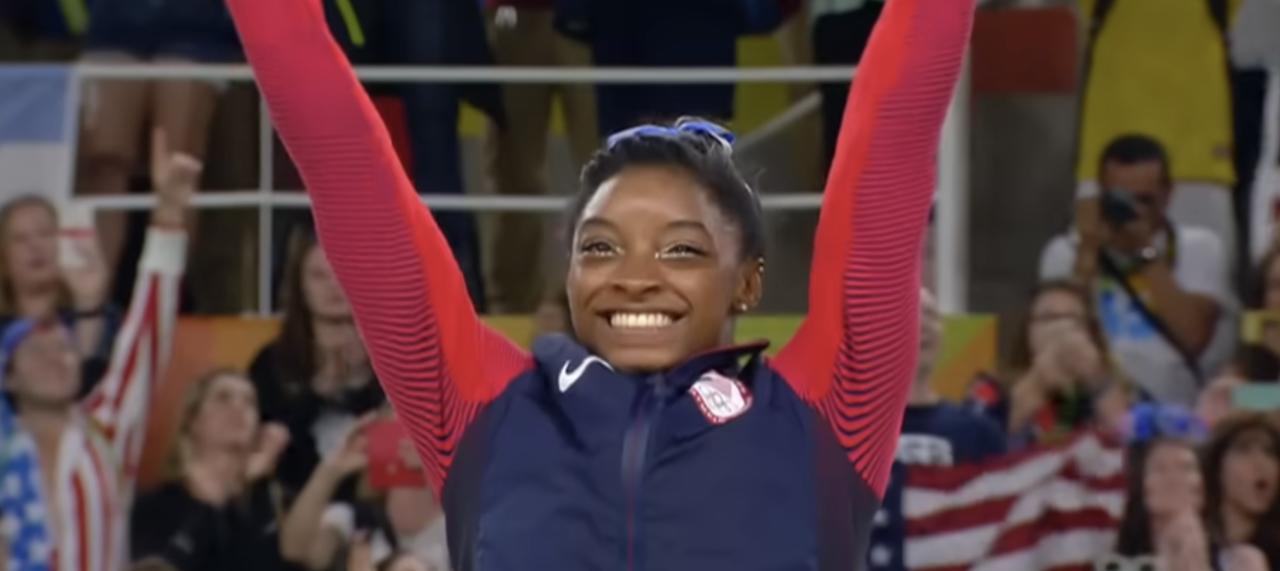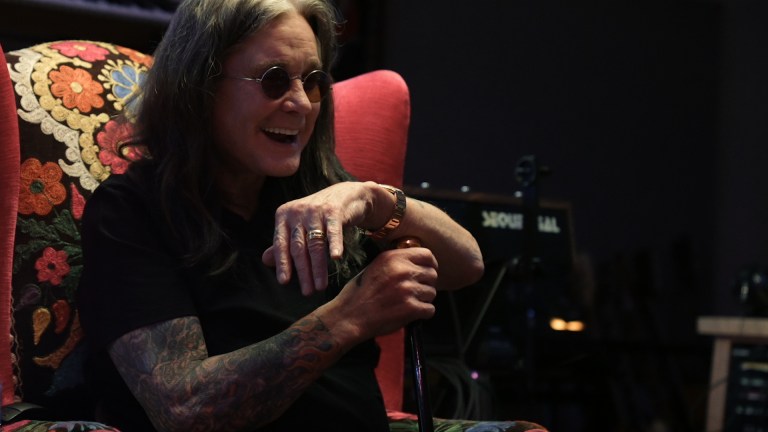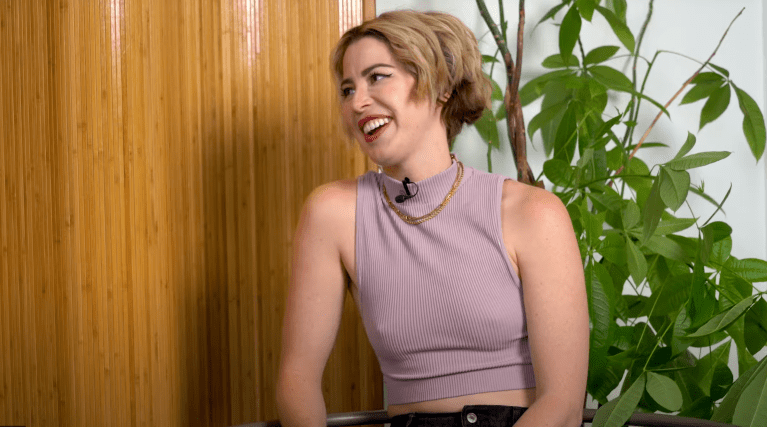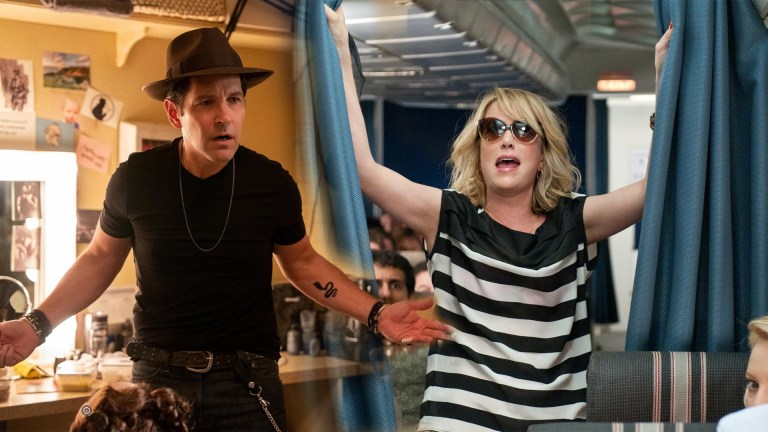
6 Mental Health Lessons From ‘Simone Biles: Rising’
Simone Biles hasn’t just completely revolutionized gymnastics; she is transforming the way we talk about mental health too.
In the emotional new Netflix docuseries Simone Biles: Rising, the most decorated gymnast in history invites viewers to learn more about her career, struggles with mental health, and healing journey.
The two-episode mini series follows Biles from her withdrawal from the 2020 Tokyo Olympics to preparing to take on the Summer Olympics this year in Paris. (More episodes are expected this fall after Biles competes in Paris.)
While Simone Biles: Rising is predominately about Biles’ illustrious career and her individual mental health, there are still tons of takeaways for anyone who has ever struggled with their own mind and self-worth.
Here are six important mental health lessons from Netflix’s new docuseries Simone Biles: Rising.
1. Mental and physical health are deeply intertwined.
The reason Biles withdrew from the Olympics in 2020 was because she experienced “the twisties” while competing on the vault. (For any non-gymnastics fans in the chat, the twisties is when a gymnast loses their mind-body connection while twisting mid-air, which can result in serious injury.)
“She could not sync her body and mind together to compete. Something broke. Something broke,” her coach Laurent Landi recalled.
This is why mental health needs to be treated with the same importance as physical health. The two go hand-in-hand.
2. You know what you need the most (so ignore anyone who says otherwise).
After Biles stepped out of the 2020 Olympics after her harrowing experience on the vault, the Internet did what it did best–it spewed a lot of uninformed opinions lacking in basic empathy and decency.
Biles was torn apart on Twitter for “quitting” and “abandoning her team.” Understandably, the online chatter eventually got to Biles. “I kinda felt like I was in jail, my own brain and body, just like, I just feel so ashamed,” Simone said as she reflected on choosing to withdraw.
What the Internet failed to understand was that for Biles to leave the 2020 Games was a matter of necessity more than anything. She knew she had to protect herself. It was a true sign of strength.
“People just like put you on these pedestals, and I’m just like begging to be human,” Biles said of the judgment and pressure.
3. Surround yourself with the right people.
Biles credits a lot of her healing and deciding to return to gymnastics to the support she received from her family and her husband Jonathan Owens. However, it was the support of younger gymnasts at the World Champions Center that brought her back home.
“I wanted to quit like 500,000 times. And I would have if it weren’t for them,” Biles said of her fellow gymnasts.
4. Boundaries are essential.
When Biles decided to aim for Paris, she turned off comments on Instagram and deleted Twitter from her phone to protect her peace. She didn’t want any outside input on her decision because it was just that–hers.
5. You have to feel to heal.
Holding in the emotional pain and trauma can only be sustainable for so long until the hurt demands to be felt and acknowledged. As Simone so eloquently stated: “You can only silence the noise for so long until it gets to you.”
Simone found a lot of healing and relief through therapy. Her husband mentioned that he noticed improvement in both her mental health and gymnastics once she started opening up and getting through what she had been suppressing for so long.
6. You’re more powerful than you ever realize.
Biles’ triumphant return to gymnastics is proof of her resilience, her self-trust, and her commitment to her mental health. As per the Maya Angelou quote Biles has tattooed on her collarbone: “And still I rise.”
And so will you. It gets better. Keep going.










